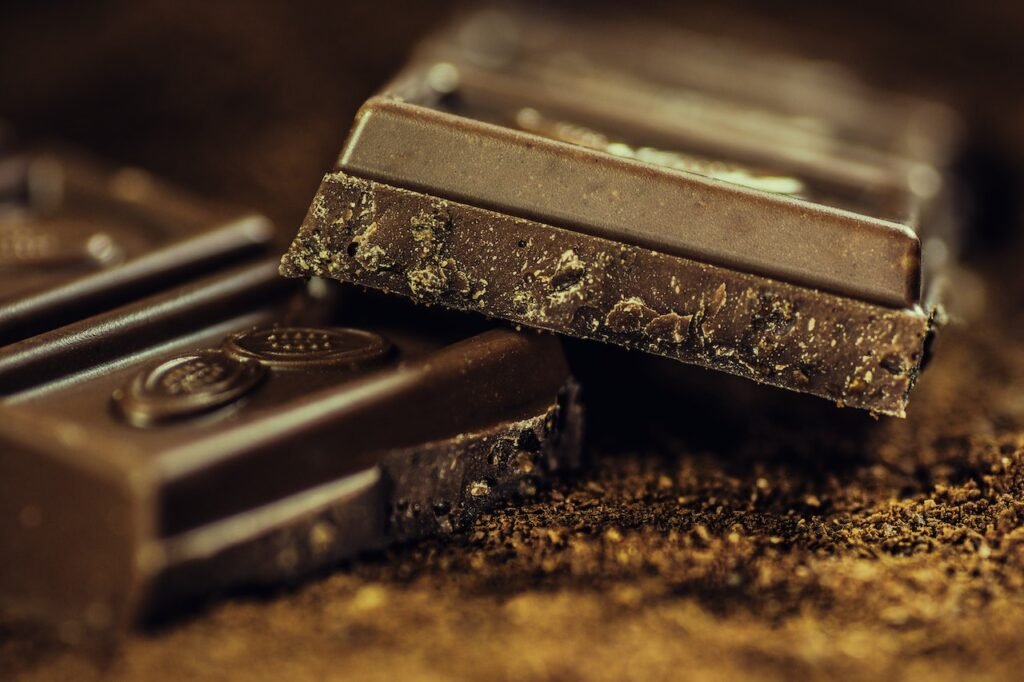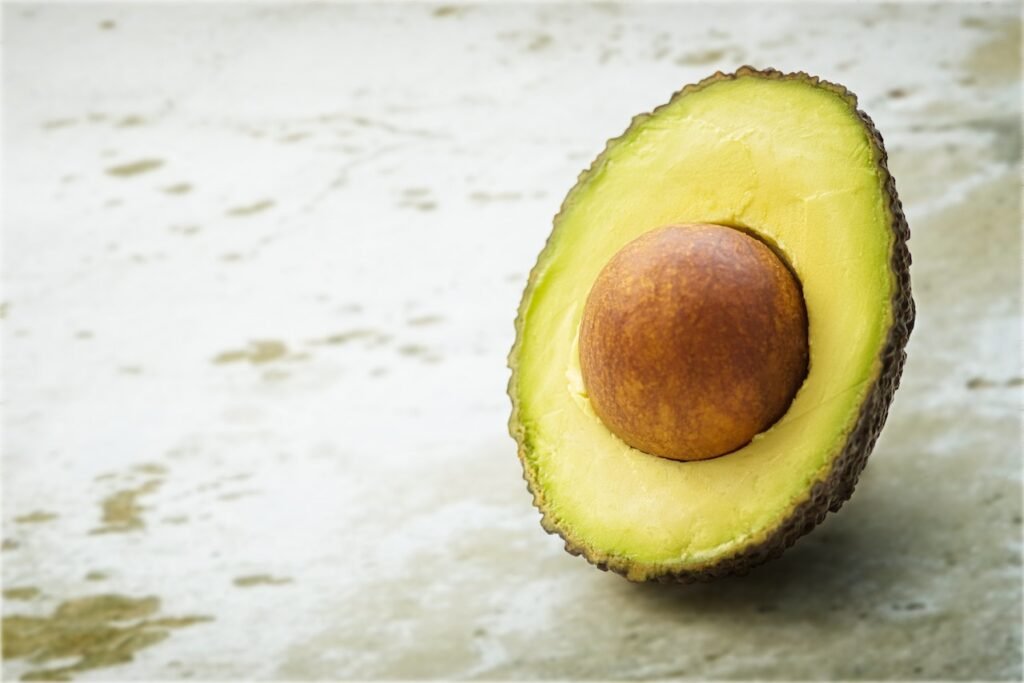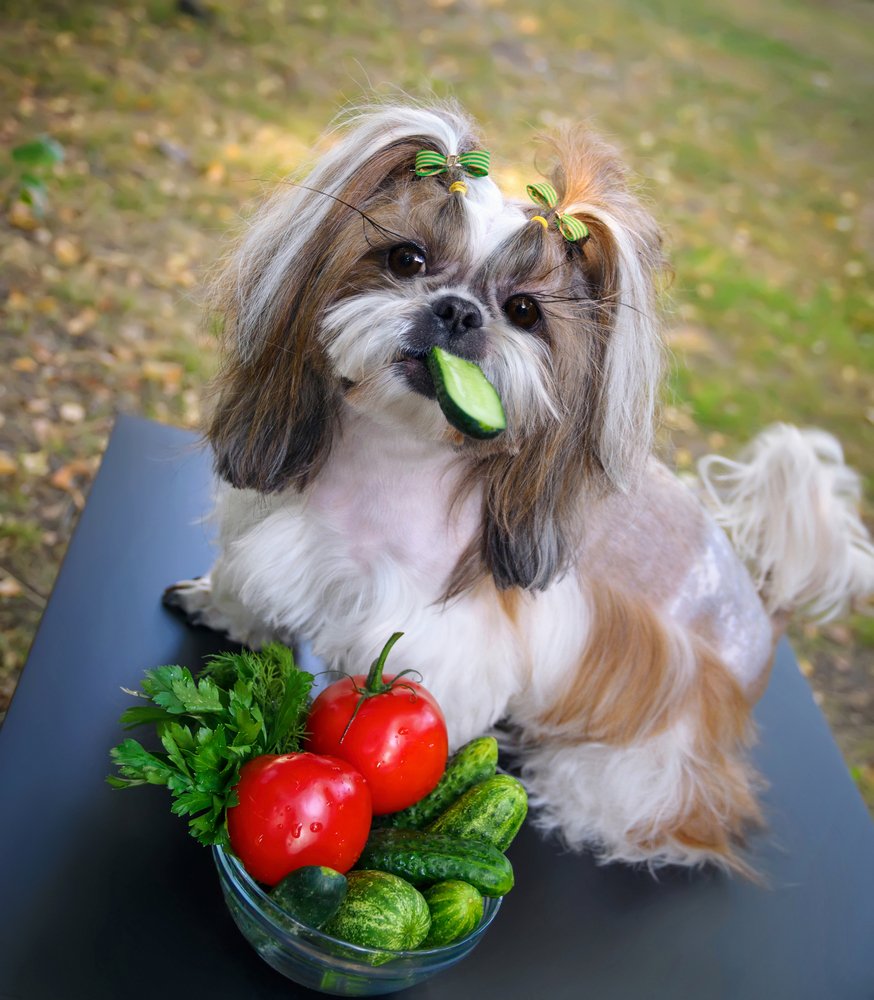Table of Contents
Welcome to our comprehensive guide on can Shih Tzu eat human food! As an owner of one of these adorable pups, you may have wondered whether or not sharing meals is acceptable with them – after all, those big, cute eyes may make it hard not to share!
Learning what foods are safe and inadvisable before giving table scraps to your four-legged companion is important. From everyday household foods that could harm them to essential nutrients that could benefit their pup, we have you covered regarding your Shih Tzu’s nutrition needs!
Let’s dive in together and discover all that needs to be considered when planning their diet!
Can Shih Tzu eat human food?
Many Shih Tzu owners wonder whether or not it’s safe to share their meals with their furry companion. Although certain human foods can be beneficial, Shih Tzus have specific dietary needs that must be considered before adding new foods. While particular human food may be safe in moderation, certain items should always be avoided altogether – it’s best to consult your veterinarian before adding anything new to your regimen.
Shih Tzus are small dogs with delicate digestive systems, which means they may not tolerate certain human foods well. Therefore, their reactions when introduced must be closely monitored as certain dogs may experience gastrointestinal upset or allergic reactions when fed human food. Thus, being vigilant and careful about what you provide your Shih Tzu is critical to ensuring its wellbeing and well-being.
Feeding your Shih Tzu a balanced diet that features high-quality dog food is often the best solution, but should you decide to share any human meals with them, it is essential that you know which are safe.
Benefits and risks associated with feeding Shih Tzus human food
Feeding your Shih Tzu human food may present both advantages and risks. On the one hand, certain human foods can offer valuable nutrition and variety in his diet; lean meats like chicken and turkey provide essential sources of protein while fruits and vegetables offer vital vitamins and minerals – giving small portions as occasional treats can be an ideal way to add healthful variety into his routine diet.
However, owners must know the potential dangers of giving a Shih Tzu human food. Some foods can be toxic for dogs and cause severe health problems; chocolate, grapes, raisins, onions, garlic, and alcohol should never be given as these could cause organ damage and even death in Shih Tzus. Owners must remain informed about potential hazards before offering human foods to their Shih Tzu.
Feeding your Shih Tzu too much human food can contribute to weight gain and obesity. Although it’s tempting to treat your furry companion to delicious morsels from your plate, remember that dogs have different nutritional requirements than humans do. Overfeeding with high-calorie human food could lead to joint issues, heart disease, and diabetes in your furry pal; moderation should always be observed when sharing human foods with them.
Human foods that are safe for Shih Tzus include human food.
Some human foods are off-limits to Shih Tzus, while others can be safely integrated into their diet as occasional treats.
Human foods that are safe for Shih Tzus
Here are some human foods safe for Shih Tzus:
1. Lean Meats
Cooked chicken, turkey, and lean cuts of beef or pork can provide your Shih Tzu with plenty of protein-rich food sources. Remove skin, fat, or bones before serving these nourishing proteins via boiling, grilling, or baking methods without adding seasonings or spices.
2. Fruits
Apples, bananas, and blueberries can make nutritious treats for your Shih Tzu. However, remove any seeds, pits, or cores before offering. Wash fruits thoroughly and cut them into bite-size pieces before providing them.
3. Vegetables
Many vegetables are safe for Shih Tzus to eat and can provide valuable vitamins and minerals, including carrots, green beans, and sweet potatoes – these make nutritious side dishes when prepared correctly and served without seasonings or spices that could harm them.
However, remember that even though these foods are safe for Shih Tzus, they should still be in moderation. Before adding new food items to their diets, consult your veterinarian.
What Shih Tzu Can’t Eat
Shih Tzus are susceptible to becoming toxic when eating certain human foods that are considered safe.
Shih Tzus can consume certain human foods that are safe. However, numerous food products could potentially be fatal if given to them. Therefore, owners must remain aware of any potentially toxic food items to keep their pup out of harm’s way at all times. Here are some everyday human products which could harm Shih Tzus:
1. Chocolate
Chocolate contains theobromine, an alkaloid that is toxic to dogs. Even small doses can lead to symptoms including vomiting, diarrhea, increased heart rate, and seizures in dogs. Dark and baking chocolate varieties should be especially avoided.

2. Grapes and raisins
Grapes and raisins can cause kidney failure in dogs, even in small doses, leading to symptoms like vomiting, diarrhea, lethargy, and loss of appetite. It’s wise to refrain from feeding your Shih Tzu any food containing grapes or raisins, as this could seriously affect their health.
3. Onions and garlic
Onions and garlic contain compounds that can damage red blood cells in dogs, leading to anemia. Signs of onion/garlic toxicity in your pup include weakness, pale gums, vomiting, and diarrhea – avoid these foods in all forms: raw, cooked, and powdered!
4. Alcohol
Alcohol can devastate pets, leading to coordination problems, vomiting, diarrhea, tremors, and even respiratory failure. Be sure to keep alcoholic beverages out of reach of your Shih Tzu and never give any intentionally.
5. Macadamia Nuts
Macadamia nuts are a big no-no for these little cuties. If our Shih Tzus munch on these nuts, they might start feeling weak, experience vomiting, and even get too hot! Yikes! So, as responsible pet owners, let’s keep these nuts far away from our furry pals and give them the food they need.
6. Avocados
Avocados contain persin, which can harm our furry pals and upset their tummies.

7. Bacon Grease
Bacon grease and other fatty foods might sound yummy, but they can be a real problem for our furry buddies. Overeating these high-fat foods can cause a painful condition called pancreatitis.
8. Dairy Products
Like some people can’t handle milk, our adorable Shih Tzus can also be lactose intolerant. This means dairy products like milk and cheese can upset their tummies and cause discomfort.
9. Fatty Foods
Fatty foods might taste good, but they can lead to two serious issues for our furry buddies – obesity, and pancreatitis.
10. Moldy Foods
Moldy foods might seem harmless, but they can be secretly dangerous. Mold can contain toxins that can make our furry pals sick
Be mindful that this list is not exhaustive; always consult your veterinarian if you doubt whether any food items available from humans would be safe for your Shih Tzu.
How to introduce human food into your Shih Tzu’s diet
Taking several measures before introducing human food into your Shih Tzu diet. Before proceeding with any changes, please consult a veterinarian to ensure it will be safe. They will provide guidelines based on each pet’s needs and health status.
When introducing new foods, always begin slowly to assess your Shih Tzu’s reaction and monitor for any sign of digestive upset or allergic reactions. If they seem fine with it, gradually increase their portion sizes if necessary. When adding multiple new items at once, any adverse reactions should become easier to identify quickly.
Not all human foods are suitable for dogs; certain items that are safe for us may cause harm due to differences in metabolism and digestive systems between species. When in doubt, always consult your veterinarian before feeding any human food to your Shih Tzu.
Dos and Don’ts for Feeding Shih Tzus Human Food
Feeding your Shih Tzu human food can be enjoyable and fulfilling; however, adhering to certain dos and don’ts is essential to ensure health and well-being. Here are some fundamental guidelines when feeding your Shih Tzu human food:
Dos
- Please consult your veterinarian before adding new human foods to Shih Tzu’s diet.
- As occasional treats, human food should only ever replace a balanced dog food diet.
- Always ensure that any human food offered to Shih Tzus is safe and suitable.
- Always monitor for signs of gastrointestinal discomfort or allergic reactions when introducing new foods.
- Research the risks and benefits of certain human foods before feeding them to your Shih Tzu.
- Doing your best to implement portion control and moderation will help avoid weight gain and obesity.
- Prioritize feeding a balanced and nutritional diet as the source of your Shih Tzu’s nourishment.
Do Not Feed
- Never feed your Shih Tzu any toxic human foods such as chocolate, grapes, raisins, onions, garlic, or alcohol.
- Do not feed your Shih Tzu high-calorie human foods, which could lead to weight gain and health complications.
- Consider offering your Shih Tzu a healthy alternative, such as raw food, as part of their nutrition.
- Please do not give in to those cute, adorable eyes whenever they beg you for food.
- Stick to a schedule and avoid reinforcing their behavior of beseeching you.
Follow these rules when giving human food to your Shih Tzu, and you can safely incorporate it into their diet without endangering their health.
Creating a balanced and healthy diet for your Shih Tzu
Shih Tzus need a balanced, healthy diet to live long and happy lives.
They must receive a well-balanced and nutritious diet for their overall well-being. High-quality dog food specifically formulated for small breeds like Shih Tzus is best used as the foundation of their nutrition plan – specifically designed to meet its specific dietary requirements and provide essential vitamins for overall well-being.
When selecting food for your Shih Tzu, consider options with high-quality proteins like chicken or turkey as the primary sources. Avoid foods containing excessive fillers, artificial additives, or by-products; consider age, weight, activity level, and any specific health concerns before selecting an appropriate food brand.
Add variety and additional nutrition to their diet with small portions of safe human food as occasional treats for a Shih Tzu by keeping pieces under control and moderation to prevent overfeeding and weight gain.
Shih Tzus are commonly affected by diet-related health problems
Feeding your Shih Tzu the wrong diet can seriously affect their health and well-being. Here are some potential issues caused by an improper diet:
1. Obesity
Shih Tzus are vulnerable to weight gain and obesity if fed too many high-calorie human foods or continuously, especially overfeeding or using pet feeders that dispense high-calorie treats like treats from human grocery stores. Obesity can lead to numerous health issues, including joint problems, diabetes, and heart disease.
2. Gastrointestinal Upset
Shih Tzus have sensitive stomachs, so feeding them too rich, greasy, or spicy food may lead to digestive issues like vomiting, diarrhea, and stomach discomfort.
3. Nutritional deficiencies
Insufficient diet in your Shih Tzu could result in several health issues, including a poor coat and skin condition, compromised immunity, and growth issues. Therefore their food must provide them with all essential vitamins and minerals.
4. Allergies and food sensitives
Shih Tzus can occasionally develop food allergies and sensitivities to certain ingredients in their diet. So, it is essential to closely monitor their reactions and consult your veterinarian if you suspect any food-related allergies.
By providing a balanced and nutritious diet for your Shih Tzu, you can help protect against common health problems and ensure they live a happy and fulfilling life.
Conclusion
Feeding your Shih Tzu human food can be an enjoyable way to create bonds and provide treats, but you must remain knowledgeable about what’s safe and not for your diet. Always consult a veterinarian before adding new foods to Shih Tzu’s diet.
Human foods may be safely added to a Shih Tzu’s diet in moderation; others are toxic and should be strictly avoided. Prioritize providing your Shih Tzu with a balanced and nutritious food diet as its primary source of nourishment. Practice portion control and moderation when offering human food as occasional treats. Follow your Shih Tzu’s behavior closely when introducing new foods to them to detect any gastrointestinal upset or allergic reactions from trying unfamiliar substances. Avoid reinforcing beggar behavior by sticking to a consistent schedule and resisting those irresistibly cute eyes every time you eat.
By following these guidelines and prioritizing the health and well-being of your Shih Tzu, you can safely add some human food into their diet, guaranteeing them an enjoyable life. As always, please consult your veterinarian for personalized advice based on their requirements.
FAQs
Can I share my food with my Shih Tzu?
While it’s tempting to share, not all human food is safe for Shih Tzus. Some human foods can harm their health, so being cautious is essential.
Can Shih Tzus eat chocolate?
No, chocolate is toxic to dogs, including Shih Tzus. It contains theobromine, which can be extremely harmful to their health. Keep chocolate away from your furry friend at all times.
Can I give my Shih Tzu bones from cooked meat?
Giving cooked bones to your Shih Tzu is dangerous as they can splinter and cause choking or internal injuries. Stick to dog-safe chew toys instead.
Is it safe to feed my Shih Tzu dairy products?
Shih Tzus can be lactose intolerant, so it’s best to avoid giving them milk or other dairy products. Opt for lactose-free alternatives if necessary.
What signs should I look out for if my Shih Tzu eats something harmful?
Contact your vet immediately if your Shih Tzu exhibits vomiting, diarrhea, lethargy, or unusual behavior after eating human food.
